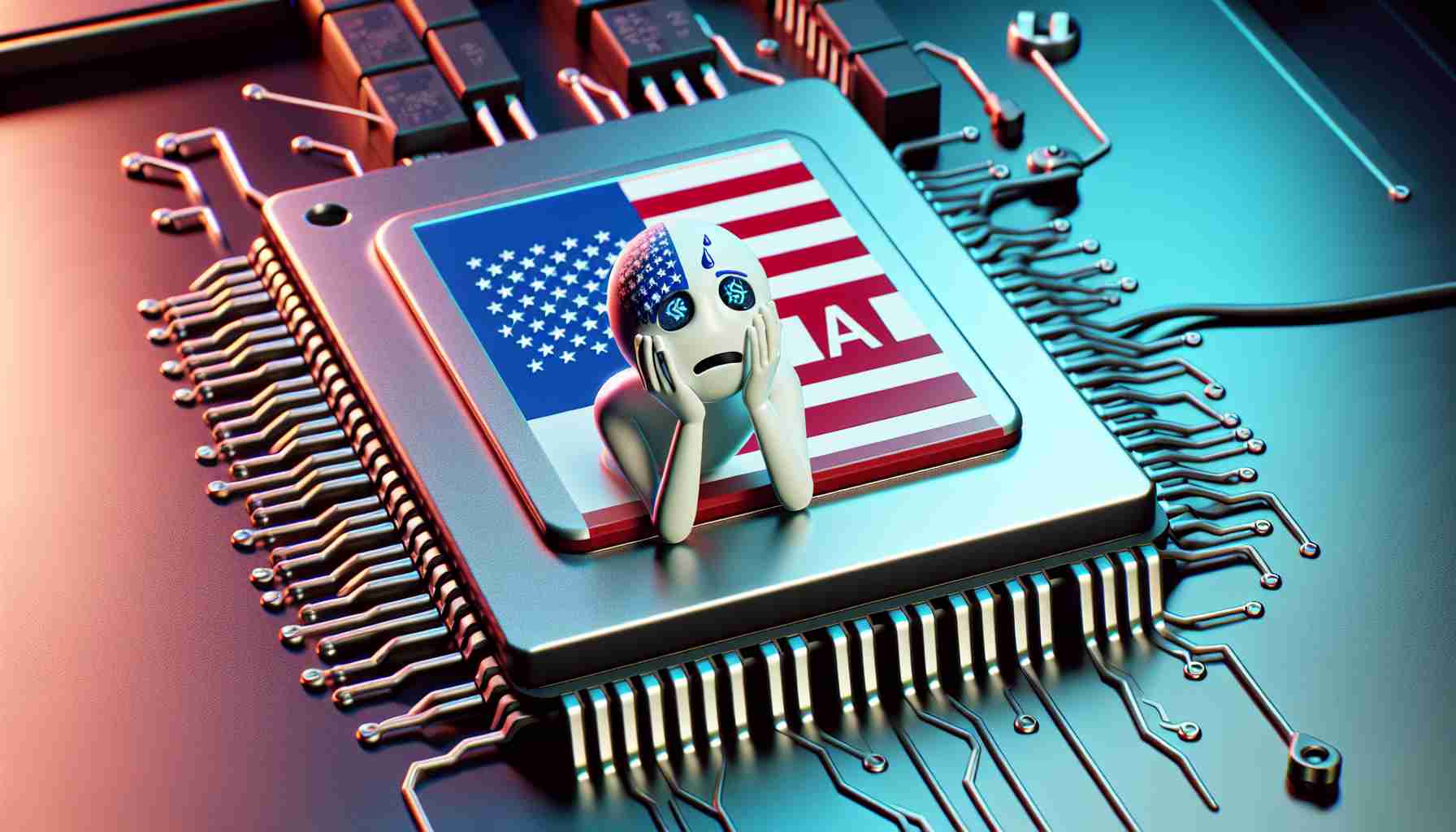In an effort to address rapid advancements in artificial intelligence (AI), the United States has relayed its concerns regarding what it perceives as China’s misuse of AI technology. In Geneva, spokesperson Adrian Watson revealed that discussions between the two nations were candid but constructive, focused on the ramifications of AI in future tech landscapes.
The United States stressed the importance of creating AI systems that are both secure and trustworthy, underscoring the benefits that can be reaped from such technology when used responsibly. This conversation aimed to push for a global consensus on maintaining ethical AI standards.
While highlighting these aspirations for AI, the U.S. delegation directly addressed the issue of AI misuse, specifically pointing to China’s actions in the arena. Despite these concerns, the U.S. acknowledged the critical need to keep communication channels open regarding AI’s potential risks and safeguards, as a key element in responsibly managing the competition between the world’s two largest economies.
Most Important Questions and Answers:
1. What are the main concerns the US has regarding China’s AI practices?
The US is concerned that China may be using AI in ways that are not transparent, secure, or ethical. This includes potential human rights abuses, surveillance, and military applications that could destabilize international peace.
2. Why is it important for there to be a global consensus on ethical AI standards?
AI has the potential to impact every aspect of society globally. A consensus on ethical standards ensures that AI is developed and used in a manner that respects human rights, fosters trust, and promotes peace and security worldwide.
3. How might these concerns influence the future tech landscape?
The concerns raised could lead to increased regulation and collaboration on AI development to ensure it aligns with internationally agreed ethical standards. It could also impact global competitiveness in the tech industry if countries adopt divergent regulations.
Key Challenges or Controversies:
One major challenge lies in achieving a global consensus on AI ethics and standards, as different nations have varying political systems, values, and ambitions for AI. There is also the issue of ensuring that AI’s benefits can be shared globally while preventing its potential misuse.
Controversies often stem from how AI can be deployed by authoritarian regimes for surveillance and oppression, or in military applications, increasing the risk of an AI arms race. Privacy concerns and job displacement due to AI automation are additional points of debate.
Advantages and Disadvantages:
Advantages of developing ethical AI systems include improved efficiency and productivity, advancements in healthcare, and the potential to solve complex global challenges. Ethical AI can also enhance global cooperation and trust.
Disadvantages are that ethical AI frameworks can be difficult to define and implement. There are concerns about compliance and enforcement, and countries like China may have different views on what constitutes ethical use, potentially leading to international tensions.
Suggested Related Links:
– To learn more about AI’s global impact and the conversation on ethics, visit UNESCO’s page on the ethics of AI.
– For further insights into AI policy and governance in the United States, the official website of the White House’s Office of Science and Technology Policy is a valuable resource: US OSTP.
To assess the integrity of AI developments and the dialogue around them, it is critical to have a holistic understanding of ethical AI, global collaboration, and the different viewpoints held by various nations on this matter.

